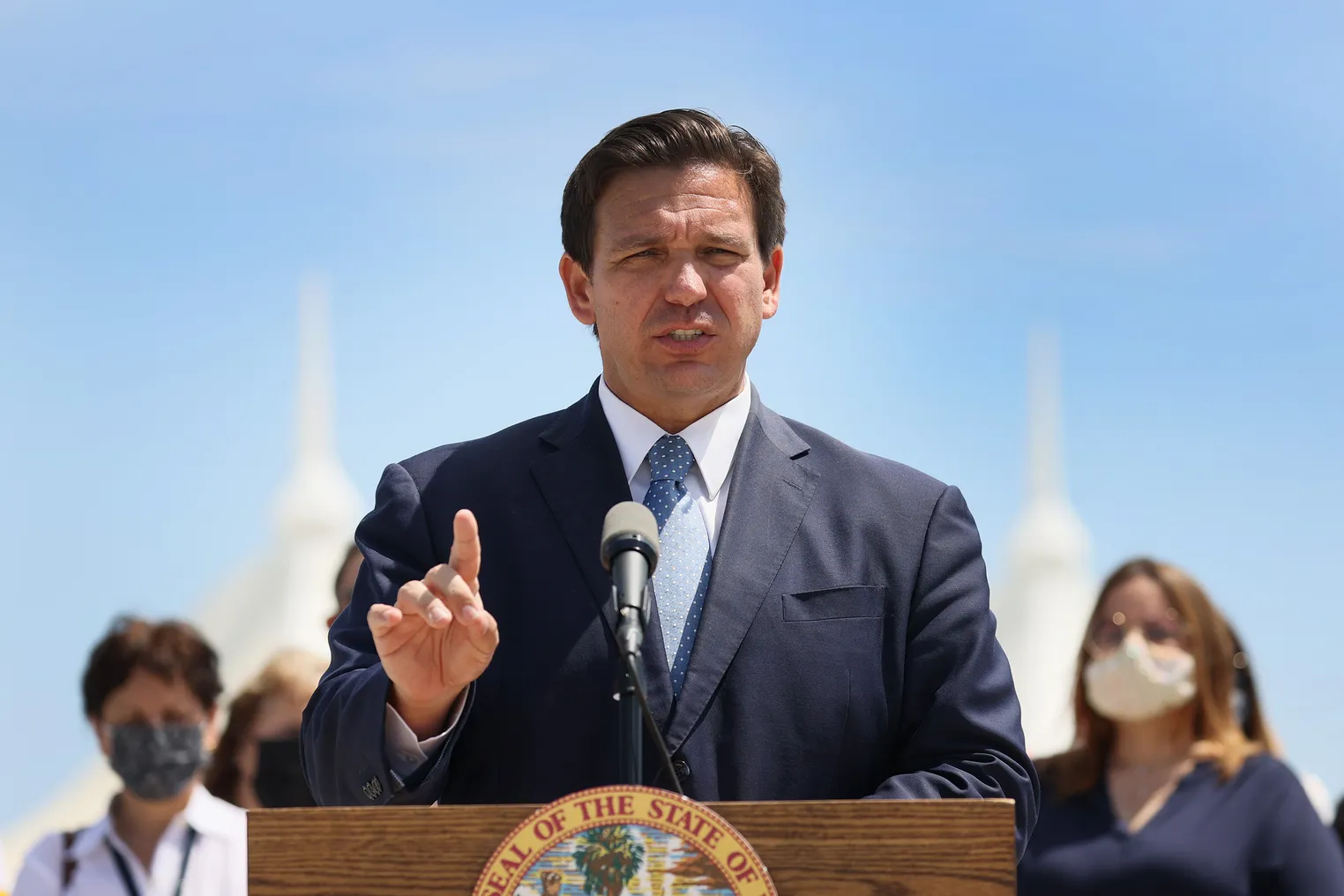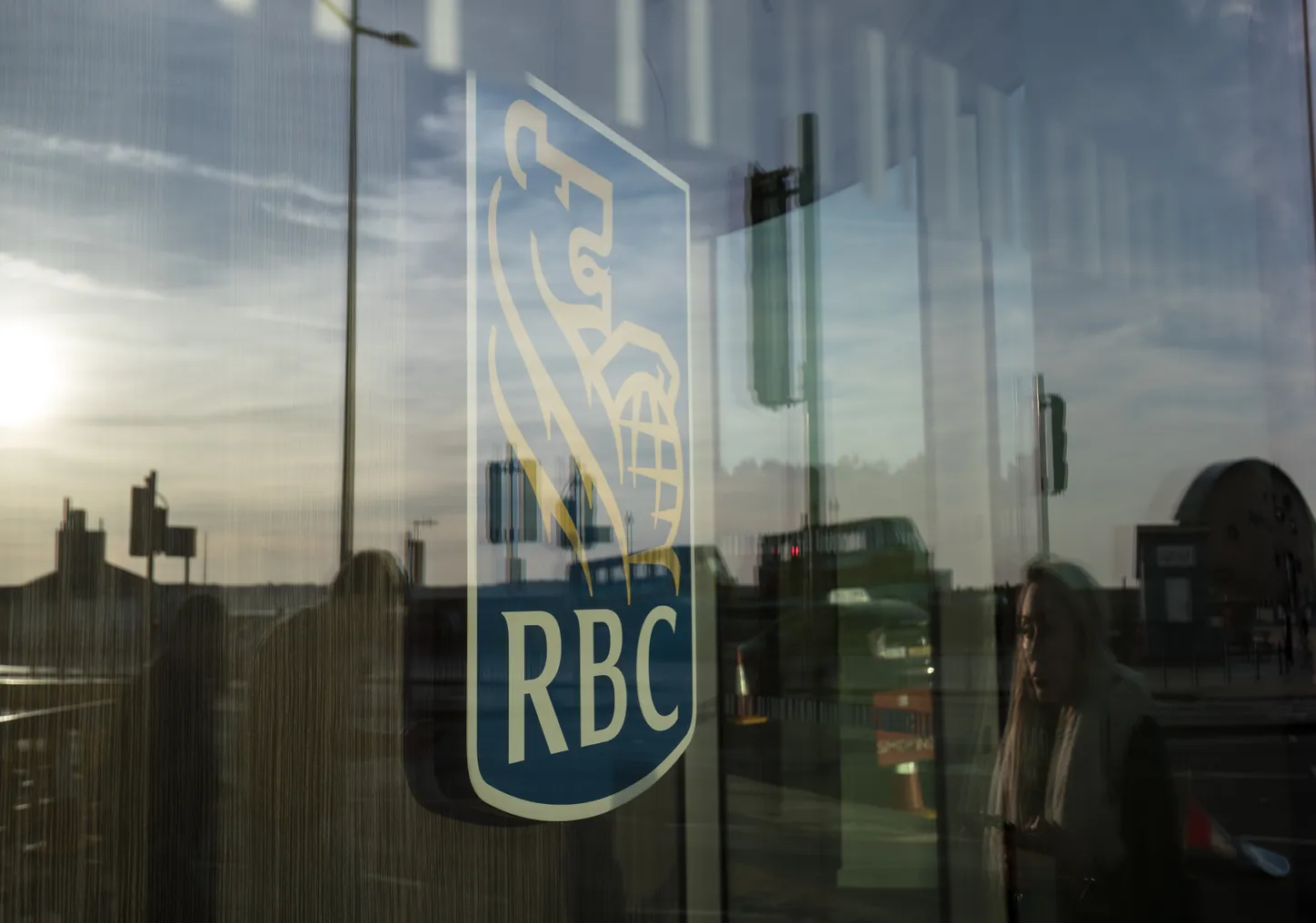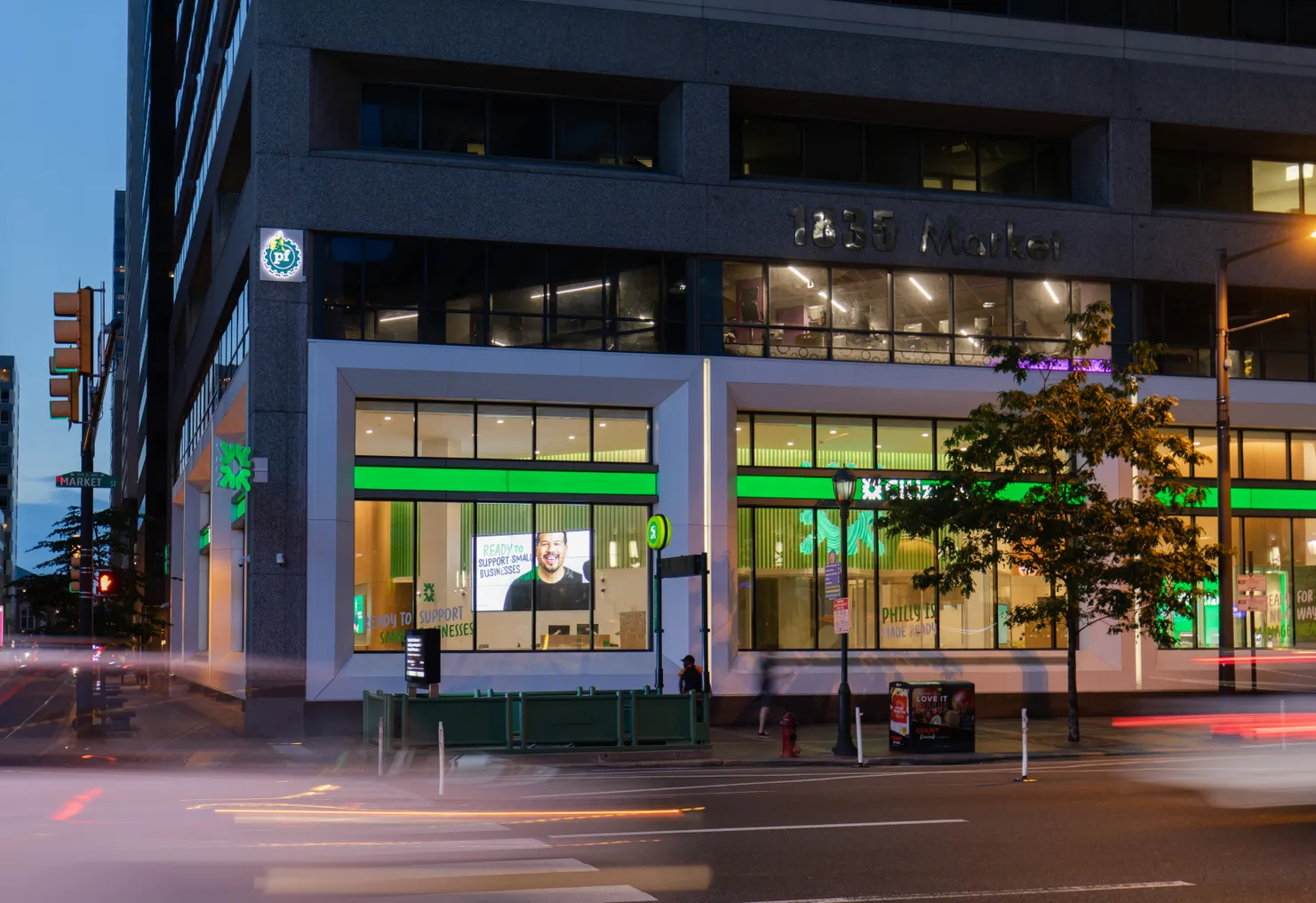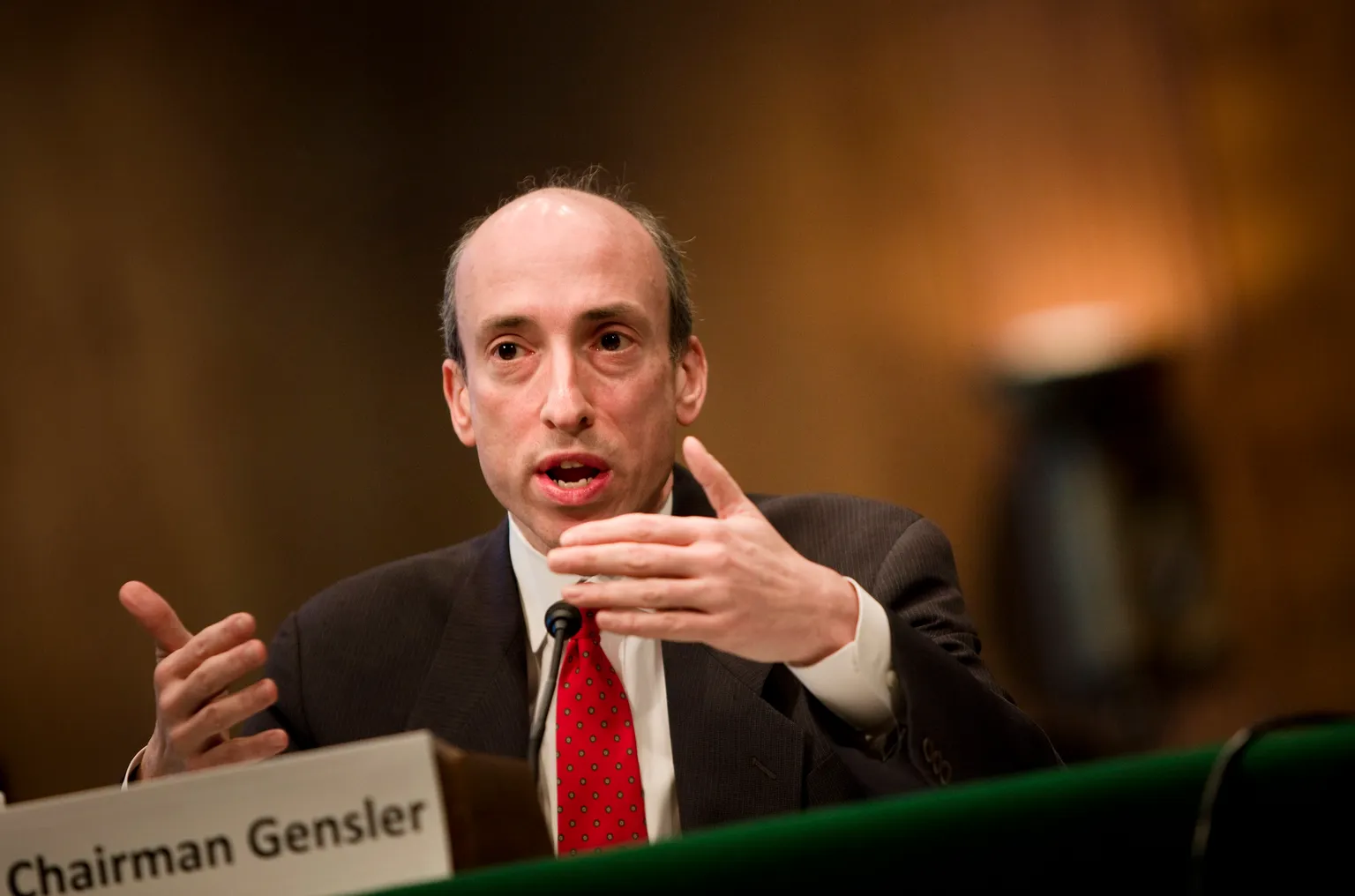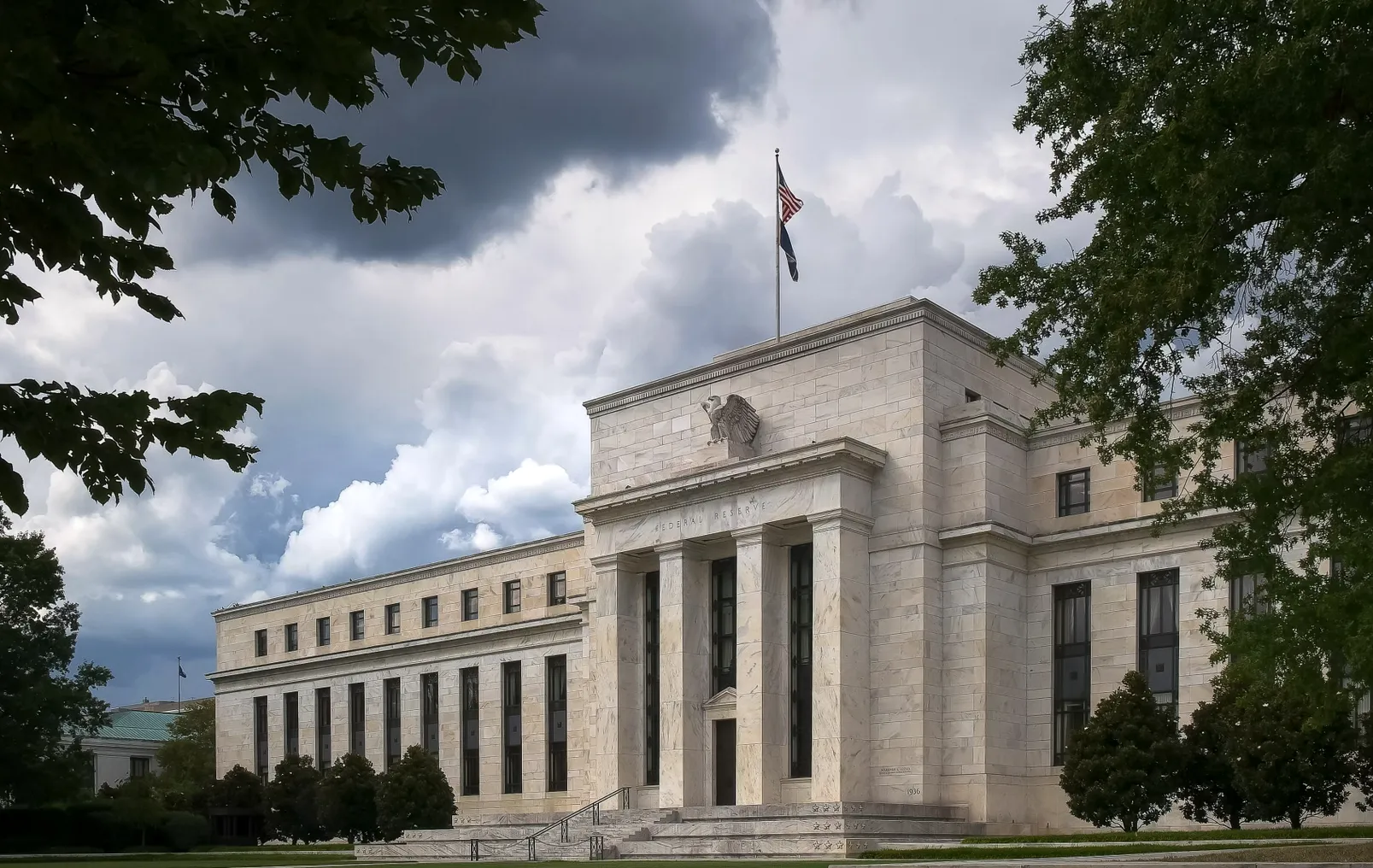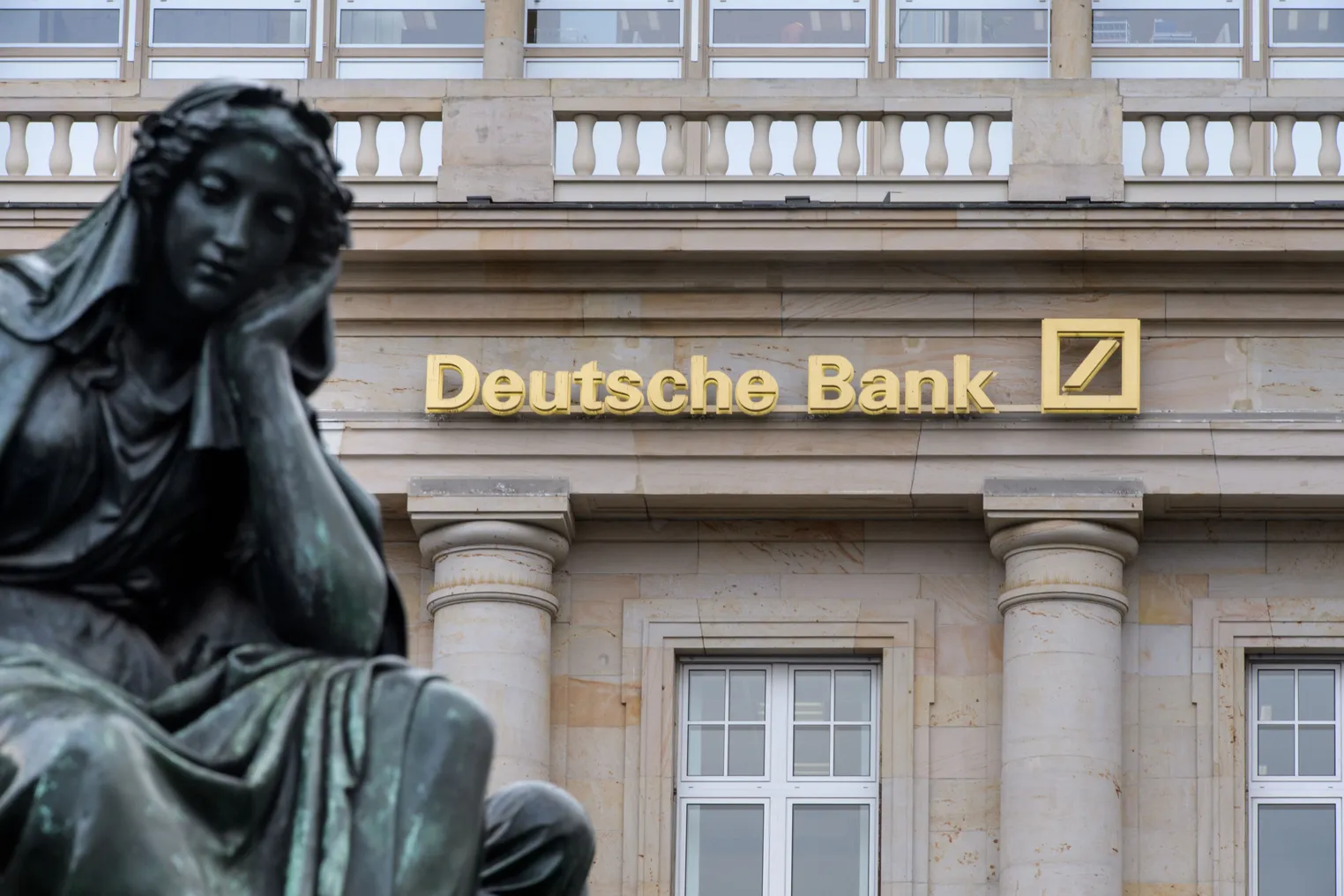
DWS to pay $25M to settle SEC’s ESG, AML probes
DWS will pay $25 million to resolve two investigations — one focused on environmental, social and governance-related misstatements and another that found shortcomings in the Deutsche Bank-owned asset manager’s anti-money laundering efforts, the Securities and Exchange Commission said in September.
The $19 million that DWS is due to pay over the ESG probe ranks as the largest “greenwashing” penalty regulators have ordered thus far. But it’s hardly a surprise. DWS disclosed in July that it had set aside more than €20 million to settle the ESG allegations, which had encircled the asset manager for more than two years.
DWS marketed itself as a leader in ESG, the SEC said. But it failed — between August 2018 and late 2021 — to implement controls for incorporating ESG factors into research and investment recommendations as it had led clients and investors to believe, the regulator said. Further, DWS failed to ensure its public statements about ESG-integrated products were accurate, the SEC said.
“DWS advertised that ESG was in its ‘DNA,’ but … its investment professionals failed to follow the ESG investment processes that it marketed,” Sanjay Wadhwa, the SEC’s deputy director of enforcement and head of its climate and ESG task force, said in a statement. “Investment advisers must ensure that their actions conform to their words.”
A DWS spokesman defended the company’s efforts, in part, saying the SEC order found “no misstatements in relation to our financial disclosures or in the prospectuses of our funds.”
“The order also makes clear that there was no intent to defraud,” the spokesman told Bloomberg, adding that DWS is “pleased that the SEC recognized our cooperation in the investigation and our remediation efforts.”
In a separate penalty, DWS will pay $6 million over SEC allegations that the asset manager failed to adopt and implement policies and procedures to prevent money laundering and terrorism financing in some of its mutual funds.
DWS neither admitted nor denied wrongdoing in connection with either the ESG or AML allegations. The spokesman, however, told The Wall Street Journal the company has taken steps to improve its AML processes since 2020, adding that DWS is “committed to maintaining a robust risk management framework.”
DWS’s former chief sustainability officer, Desiree Fixler, accused the asset manager of falsely claiming in its 2020 annual report that €459 billion of its assets were “ESG integrated.”
DWS’s then-CEO, Asoka Wöhrmann fired Fixler in March 2021, telling staff in a memo that her unit hadn’t made enough progress, according to Bloomberg. Fixler sued DWS for unfair dismissal but lost.
But the company changed its criteria, in its 2021 annual report, such that just €115 billion in assets were given the “ESG” label, according to the Financial Times.
Wöhrmann resigned in 2022, after police raided DWS’s Frankfurt offices in connection with their own greenwashing probe.
DWS’s current CEO, Stefan Hoops, said in July that the company’s marketing “may have been overly exuberant” in the past when it came to ESG. Resolving the investigations would reduce the amount of time “competent people spend on the past versus the future,” he said at the time, according to Bloomberg.
Fixler, after hearing of the SEC penalty, said she “really commends” regulators for their actions.
“Greenwashing is harmful — to investors, communities and overall financial stability,” she told the Financial Times.
DWS’s penalty in connection with the greenwashing allegations far exceeds previous fines for ESG misstatements. BNY Mellon agreed to pay $1.5 million in May 2022, after the SEC found the bank’s investment adviser division misstated how it applied ESG criteria when making investment decisions for some of its mutual funds. The SEC in November fined Goldman Sachs $4 million for failing to follow ESG policies and procedures.



